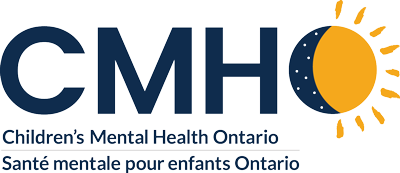This presentation delves into the multifaceted challenges faced by families with children and youth with disabilities, particularly focusing on the profound mental health impacts that extend across the entire family. Highlighted barriers include language obstacles and the scarcity of culturally responsive programs and services, which exacerbate the already complex landscape of caregiving. Real-life narratives from families we support underscore these challenges, providing poignant insights into their daily struggles and resilience.
An interactive segment invites participants to analyze case studies, prompting critical thinking on how best to support families holistically, considering not only mental health but also intersecting identities such as race, ethnicity, and disability. The discussion emphasizes the urgent need for expanded and inclusive mental health services tailored to youth with disabilities, often overlooked or underserved by conventional systems. Attendees will depart with the awareness of the necessity for comprehensive, culturally competent approaches in supporting these families.
Learning Objectives:
Attendees will gain a deeper understanding of the barriers to accessing mental health services from an intersectional perspective, emphasizing the importance of cultural nuances and family stories in care strategies. This knowledge aims to inspire the development of new, culturally responsive policies and procedures in the mental health field.
Presenters:
Raian Othman (SMILE Canada)
Raian Othman is a dedicated advocate and professional in the field of developmental psychology and early childhood mental health. With a profound commitment to uplifting marginalized and racialized families, Raian’s journey has been defined by her passion for equitable healthcare and education systems. Raian brings a nuanced understanding of the challenges facing vulnerable communities. Her expertise extends to advocating for and supporting those often overlooked within the healthcare and education sectors.
Mahnoor Rizvi (SMILE Canada)
Mahnoor Rizvi, Director of Service Navigation at SMILE Canada Support Services, is a passionate advocate for racialized families with children and youth with disabilities. A graduate of the University of Toronto Scarborough with an honours Bachelor of Arts in Health Studies and minors in Psychology and Women and Gender Studies, she is committed to breaking down barriers and ensuring equitable access to community resources. Mahnoor is dedicated to improving the well-being of children by advocating for policies and practices that support the unique needs of racialized families.

